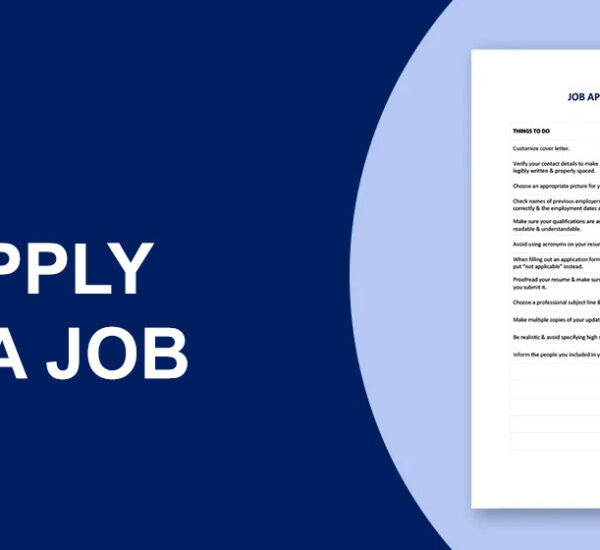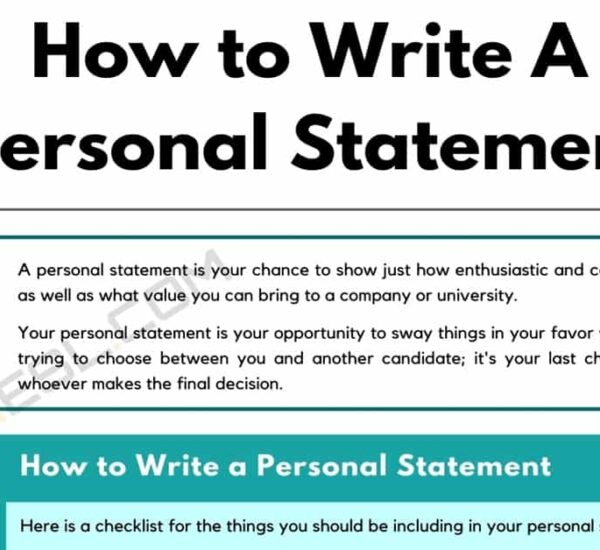Are you curious about the Canadian student visa requirements for international students and how to pass the admission interview? You are not alone! Knowing what to say can be challenging, so in this article, we share some strategies for making a great first impression.
Notes on student visas and study permits
Before applying for your student visa, you will need to be accepted by a Designated Learning Institution or DLI. Once you have received your offer of admission and paid your tuition deposit, you can apply for a study permit!
Students can apply for a Canadian Study Permit and a Student Visa (also known as an Electronic Travel Authorization or eTA) at the same time. A student visa, which allows you to enter Canada, will be issued automatically once you are approved for a study permit.
Applications can be submitted online, but paper applications for a standard study permit are also available. Paper applications can be submitted at the Canadian Consulate or Visa Application Centers in your home country.
As of May 2022, the estimated processing time for standard student visas is 11 weeks. Visa processing time for students applying through the Student Direct Stream (SDS) is faster, averaging 20 calendar days. SDS is available to students from selected countries who meet the government’s list of conditions.
In either case, be sure to start your application early enough before school starts. Check the latest processing time estimates on the Government of Canada website.
Canadian student visa interview tips
After landing in Canada, you must participate in a brief interview with a Canadian immigration officer at the airport. You will need to answer questions about your study plans before collecting your luggage.
The officer will also review any supporting documents you submitted as part of your initial study permit application, so keep them in your carry-on bag.
Here are some strategies to help you make a great first impression.
Be specific
Before you arrive in Canada, do your research so that you can answer questions about your school and program. Knowing the details about where you will study, what your classes are like, and how you plan to support yourself will help you respond thoughtfully. If you don’t know an answer, be honest; don’t try to make something up.
Conquer Your Nerves With Practice Interviews
Practice interviewing with a family member or friend. Can’t find someone to help you? Practice on your pets or plants (we won’t judge you)! Thinking through your answers beforehand and saying them out loud can help you feel less nervous during the actual interview.
Consider yourself
When you rehearse for your Canadian student visa interview, ask your practice interviewer to assess the content of your responses and non-verbal cues. The researchers found that nonverbal cues, such as tone and body language, can affect more than half (55%) of a conversation.
Are you restless while listening? Look away while talking? Interviewers will notice this and be less likely to trust your answers. On the plus side, speaking slowly and clearly can help you sound more confident.
Make the Most of Each Question
Each Canadian student visa interview will be different, but each will cover similar topics. Below, we’ll look at common interview questions and suggest ideas to help you stand out.
Why did you choose this program?
Talk about the classes you’ve enrolled in and are looking forward to, the research potential in this program, or the work-integrated learning opportunities available.
Explain how this program helps you achieve your study goals. Is there a professor you are looking forward to studying with? Are cooperative programs famous? take classes
Why did you choose to study in Canada instead of studying or working in your home country?
Share how your studies will help you land a great job in your home country after graduation.
Talk about why you chose your college or university and talk about your strengths. Strengths can range from small classes to learning in world-class research environments.
What are your test scores (ie TOEFL, IELTS, GRE, GMAT, or SAT), your GPA and what are you like as a student?
If possible, bring copies of your test results and transcripts to the interview for reference.
While test results are important, they do not represent the whole picture. You can also talk about your community service or athletic achievements.
How are you financing your tuition and living expenses?
If family members support you, find out their annual salary, as well as their employer and full job title.
Are you planning to return to your home country after graduation?
This question tests your intentions. Since student visas are non-immigrant visas, it is important to share that you are planning to leave Canada after completing your studies.
Strengthen your answer by sharing some companies in your country that you plan to apply to graduate school or how you would like to make an impact in your future field of work.
With a bit of preparation, you will be ready for your visa interview. The night before you travel to Canada, do your best to get a good night’s sleep to stay alert. Remember to stay hydrated and eat a little (even if you’re nervous). You got it!


